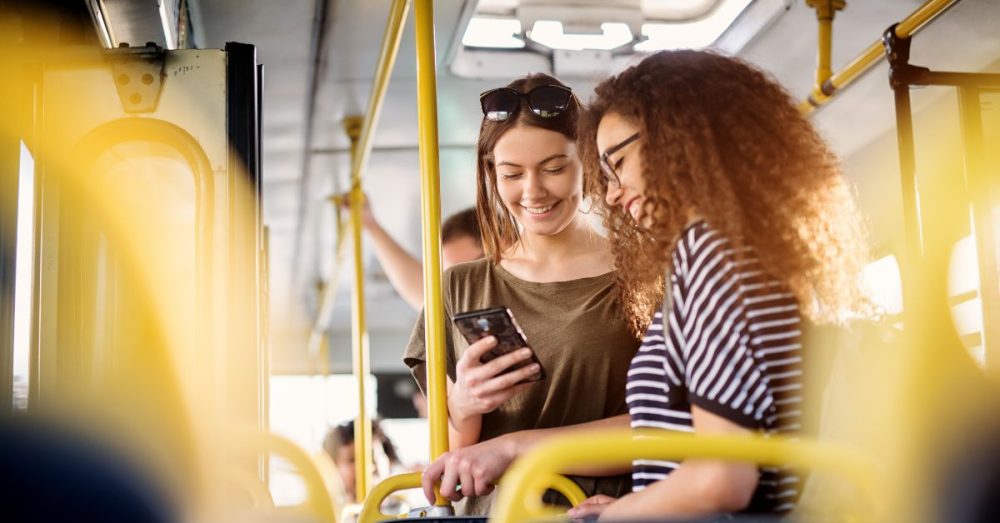As prices continue to rise, consumers are trying everything they can to save money.
Companies count on us to keep our spending habits the same despite price increases.
However, with prices up an average of 19% from before the COVID-19 pandemic, consumer behavior is changing.
The pushback is causing retailers to cut their profit margins. White Castle recently slashed prices in a bid to attract consumers.
Consumers are even taking a second look at once-affordable alternatives like Uber and Airbnb. Uber’s average price increased by 45% between 2019 and 2022, and Airbnb’s increased by 36% in the same time period.
Business Insider reports on how consumers are returning to more traditional options and bucking “the so-called millennial lifestyle subsidy” created by the convenience of apps. Here’s the start of the story:
Sarah Manley, 31, was facing sticker shock.
Manley, an artist and musician in Baltimore, was a loyal Airbnb user before the pandemic. When she emerged from lockdown and looked on the platform for a short-term stay, she was shocked by how much prices had risen. Indeed, Airbnb’s average daily rate rose by 36% from 2019 to the end of 2022.
Manley opted for a hotel. Short-term rentals aren’t the only habit she’s ditched. She isn’t using ride-hailing services like Uber and Lyft anymore. She’s found that parking at the airport for a few days is actually cheaper than the round-trip fare.
“If I was using rideshares and the delivery apps and everything the way I was, I would run out of money each month,” she said.
Manley is one of many American adults adjusting to life after the so-called millennial lifestyle subsidy: a cadre of apps and services that launched in the 2000s and 2010s and earned the loyalty of a generation by offering convenience and low prices to things that may have been out of reach before. Think Uber, Blue Apron, WeWork, Sprig, and Flywheel. Subsidized by their venture-capital backers, the brands sought to attract as many customers as possible, hoping profits would follow.


